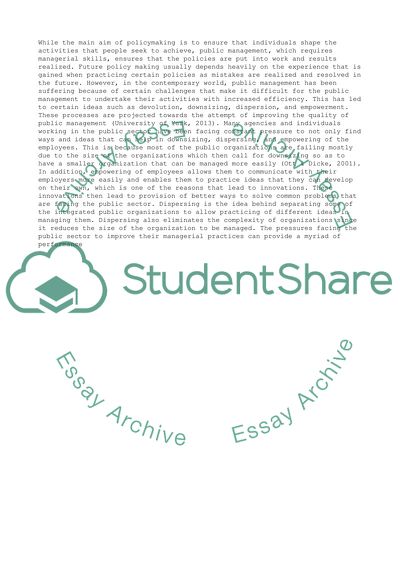Cite this document
(Public Management Essay Example | Topics and Well Written Essays - 2000 words, n.d.)
Public Management Essay Example | Topics and Well Written Essays - 2000 words. https://studentshare.org/management/1825503-qesution
Public Management Essay Example | Topics and Well Written Essays - 2000 words. https://studentshare.org/management/1825503-qesution
(Public Management Essay Example | Topics and Well Written Essays - 2000 Words)
Public Management Essay Example | Topics and Well Written Essays - 2000 Words. https://studentshare.org/management/1825503-qesution.
Public Management Essay Example | Topics and Well Written Essays - 2000 Words. https://studentshare.org/management/1825503-qesution.
“Public Management Essay Example | Topics and Well Written Essays - 2000 Words”. https://studentshare.org/management/1825503-qesution.


